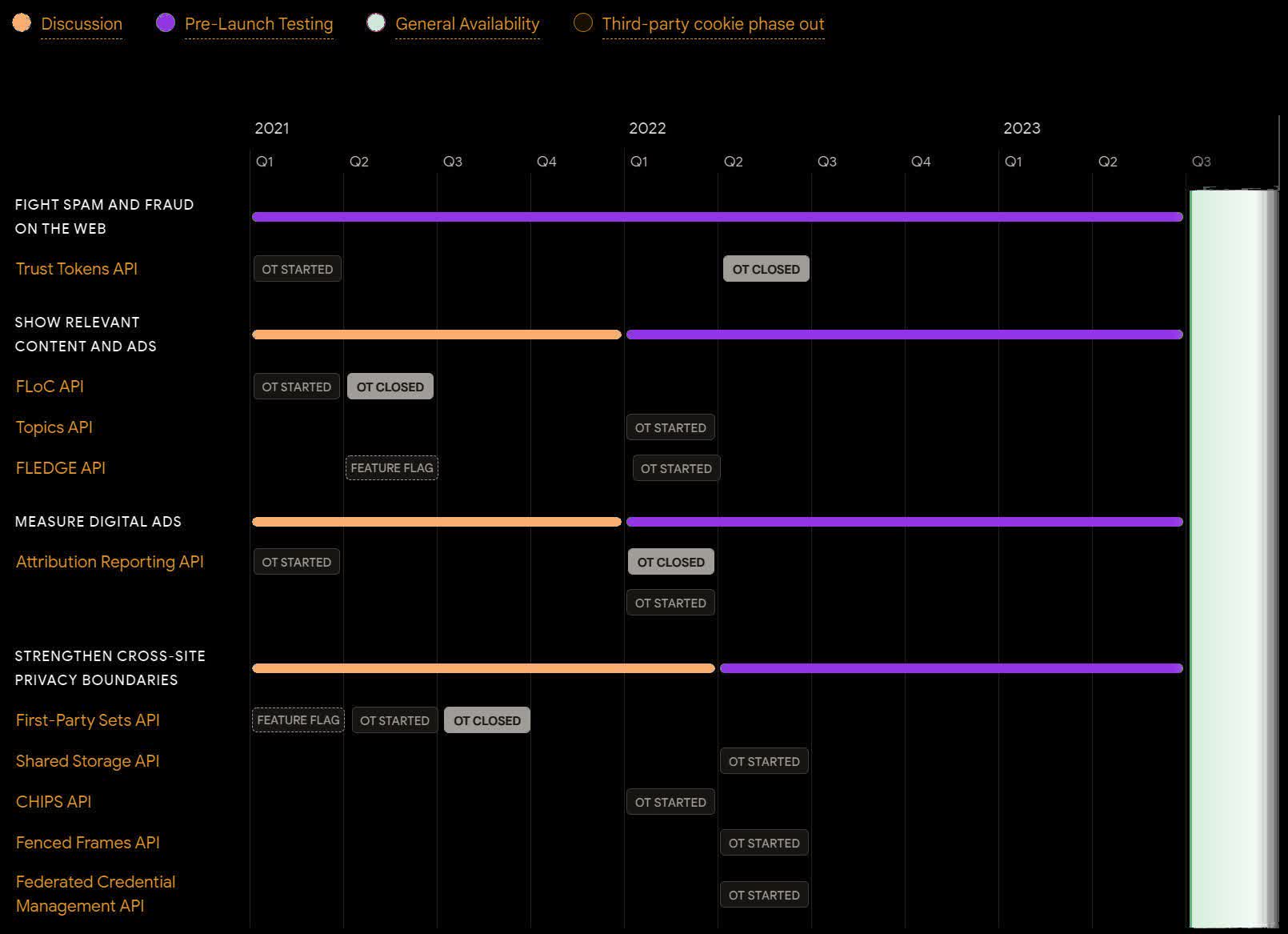Why it matters: Google has long been working on an alternative to cookies that splits the difference between user privacy and advertising revenue. However, the company needs more time before totally replacing third-party cookies in Chrome. Fortunately, public testing for Google’s new initiative will start soon.
On Tuesday, Google announced that it’s pushing its plans to eliminate third-party cookies in Chrome back by two years, as the feature isn’t ready. However, users can start testing that alternative for themselves next month.
Cookies help advertisers track users and deliver personalized ads, but they’re unpopular because they can compromise user privacy. European anti-cookie legislation is behind all those consent prompts seen on many websites. In 2020, Google announced work on a solution that would make third-party cookies obsolete, initially hoping to reach that goal in two years. Despite missing that timeline, the company isn’t giving up.
Google’s Privacy Sandbox aims to create a set of standards to help advertisers deliver personalized ads without revealing users’ personal information. One of its components is Trust Tokens, which perform a role similar to cookies but with encryption to hide a user’s identity. Privacy Sandbox incorporates many other technologies to keep ads relevant to users while limiting how much advertisers know about them.
These tools appear on Google’s updated roadmap for the Privacy Sandbox. By now, all have started pre-launch testing and origin trials. The company set general availability for Q3 2023 and wants to phase out third-party cookies by late 2024. In February, Google revealed plans to bring the system to Android in another two years, falling roughly along the company’s timeline for Chrome on desktops.

Chrome 104 stable branch will include the trial for desktop users when it launches in August. About half of Chrome desktop beta users already have it enabled. Android users will get it with Chrome 105 stable at the end of August.
Google’s attempt to balance user privacy and the desires of advertisers contrasts with efforts from Apple, Firefox, and Brave to block tracking entirely. Google’s business depends on advertising, whereas Apple’s doesn’t, and Google also thinks hardline blocking pushes advertisers to more covert methods like fingerprinting. With the Privacy Sandbox, the company wants to block fingerprinting while giving advertisers an alternative.




















Discussion about this post